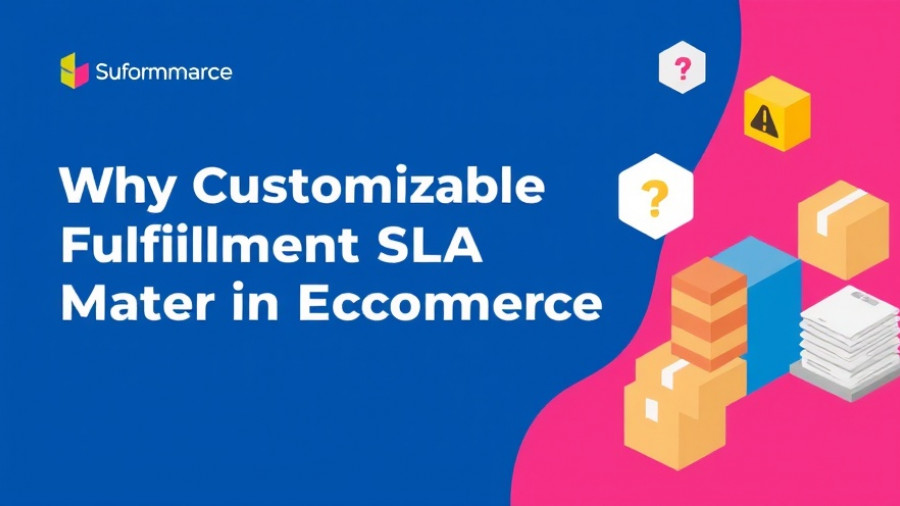
Understanding the Need for a Business License on Shopify
With the rise of e-commerce platforms like Shopify, aspiring entrepreneurs are eager to launch their online stores. However, many are uncertain about the legal requirements necessary for selling products online. Do you need a business license to sell on Shopify? The answer generally depends on various factors, including your location, what you sell, and how you operate your business.
Legal Framework: What You Should Know
Every country and region has its own regulations regarding business licenses. In the United States, for example, the requirements can vary significantly from state to state. Some states require that e-commerce businesses obtain a business license or a seller's permit if you are selling taxable goods. This not only legitimizes your venture but also helps you collect sales tax appropriately. It’s crucial for business owners to research their local laws thoroughly and consult legal professionals if necessary.
Reasons Why Obtaining a License is Beneficial
Having a business license can offer several advantages beyond legal compliance. A business license can enhance your brand's credibility, making customers feel more confident in purchasing from you. Additionally, it opens the door to various opportunities such as networking, partnerships, and easier access to business loans. Operating illegally could lead to fines or penalties that could derail your business before it even starts.
Different Types of Required Licenses
The type of business license you might need also varies based on your goods or services. Retail licenses are necessary if you're selling physical products, while home-based business licenses apply if you're operating from your home. If you’re selling food products, health permits are also required. Understanding these distinctions will prevent future complications.
International Selling: What to Consider
If you plan to sell internationally, you’ll have to consider the regulations in other countries as well. Each country has distinct customs and taxation protocols, which may require additional permits or licenses. This complexity emphasizes the importance of conducting comprehensive research on international regulations that apply to your business model.
Common Misconceptions About Selling Without a License
Many entrepreneurs mistakenly believe that selling online allows them to bypass licensing requirements. While it may be easier to set up an online store quickly, running a business without the legal framework could result in significant risks, including lawsuits or fines. Ensuring compliance not only protects your business legally but also instills trust with your customers.
Steps to Take Before Launching Your Online Store
To avoid any unnecessary issues, follow these steps before launching your Shopify store:
- Research Local Laws: Investigate contracts and business licensing requirements in your specific area.
- Consult Legal Help: If you're unsure of the legalities, seek guidance from a legal professional specializing in business law.
- Plan Your Business Structure: Determine if you want to register as a sole proprietorship, LLC, or corporation based on your business needs.
- Obtain Necessary Permits: Ensure to acquire all necessary permits or licenses required for your specific business.
Maximize Your Business's Potential with Marketing Strategies
Besides compliance, a successful online business requires effective marketing strategies to reach your audience. Utilize social media marketing trends, SEO updates, and content marketing strategies to foster brand awareness and customer engagement. Keep abreast of upcoming digital marketing trends to ensure your online store remains competitive in a fast-paced environment.
Conclusion: Getting Started Legally
As you prepare to sell on Shopify, understanding your licensing requirements is critical. Without proper licensing, you risk legal repercussions that can hinder your business growth. Engage with local authorities to ascertain necessary permits, establish credible operations, and ensure your venture stands on solid ground. Your future as an e-commerce entrepreneur depends on it!
 Add Row
Add Row  Add
Add 




Write A Comment